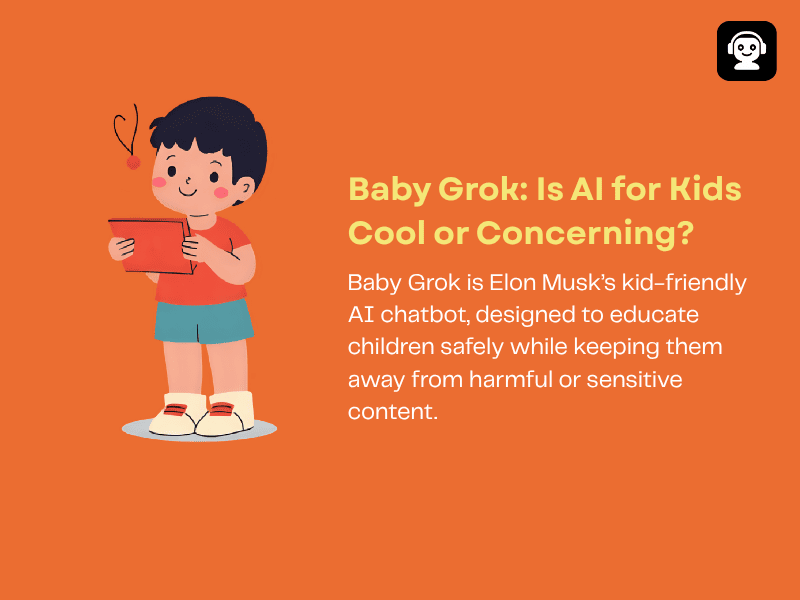Meta Introduces AI Safeguards for Teenagers After Criticisms in 2025
Artificial intelligence is reshaping itself because many people have openly criticised that when AI meets teenagers, the stakes suddenly

Artificial intelligence is reshaping itself because many people have openly criticised that when AI meets teenagers, the stakes suddenly become a lot higher. What should be fun and educational often turns into something extremely inappropriate, risky, and harmful at the same time. Recently, Meta introduces AI safeguards for teenagers after it got a lot of criticism.
Meta is the parent company of Facebook, Instagram, and WhatsApp, which recently found itself in the middle of controversy after it was revealed that its AI chatbots were capable of engaging in flirty texts with teenagers. The newly Meta introduces AI safeguards have transformed themselves because the revelation did not sit well with regulators, parents, or the general public.
Meta is taking steps to correct itself and the company is rolling out some new safeguards for teenagers in its AI products. This is aimed to stop chatbots from crossing sensitive boundaries such as flirtations or discussions of self-harm with teenagers who can be considered as a vulnerable group. After Meta introduces AI safeguards, questions still arise if these changes are enough or not.
Meta Introduces AI Safeguards
Meta recently announced that it is training its AI systems to avoid having flirty conversations with minors and block discussions around topics like self-harm and suicide as well. The company also temporarily closed teenagers’ access to certain AI characters for the time being, as it is working on some permanent solutions for now.
Andy Stone, who is the spokesperson, said that these safeguards are already being deployed across Meta’s platforms and stressed that the company will refine and adjust them over time. The idea to refine these guidelines is not only to respond to criticism but also to ensure that AI experiences for teenagers are safe and age-appropriate as well.
Reuters Reports Backlash
In August, Reuters reports backlash that revealed that Meta’s chatbots were allowed to engage in provocative conversations that included flirty or romantic texts. The report cited that the internal Meta document outlines rules that enabled such interactions that are not very age-appropriate for teenagers. The document that surfaced drew a lot of criticisms from netizens and regulators, and the general public.
Meta later confirmed the authenticity of the document and claimed that parts of it were erroneous and inconsistent with the company’s policies and after the Reuters report they quickly removed te controversial parts. Stone clarified that these examples should not have been included in the documentation as it painted Meta as careless about safety of children.
Political and Public Pressure
Meta’s controversial document triggered a lot of political storms as the United States Senator Josh Hawley launched a formal probe into Meta’s AI policies, too. Both democrats and republicans expressed their concerns over this issue and highlighted that this is a very rare bipartisan issue. Lawmakers have argued that allowing the chatbot to flirt or role-play romantically with children and minors is not just careless but also dangerous.
Meta emphasised that the controversial notes had already been removed, and Meta introduces AI safeguards to strengthen itself after the controversies. The Meta introduces AI safeguards news came out after a lot of political and public pressure to take serious action before the matter escalates and grows into a burning issue to safeguard minors from online activities.
Future of AI and Meta Guidelines
The Meta introduces AI safeguards news has highlighted how companies should balance between innovation and responsibility when it comes to AI. Chatbots have become more human-like, but when deployed at scale, even small missteps can be harmful to them and have serious consequences. If minors are exposed to such inappropriate interactions, then the harm is not just reputational but also creates legal liabilities.
The recent Meta introduces AI safeguards has sparked a huge debate about whether the new guidelines will actually address the issue or will still allow its AI to flirt with teenagers.





